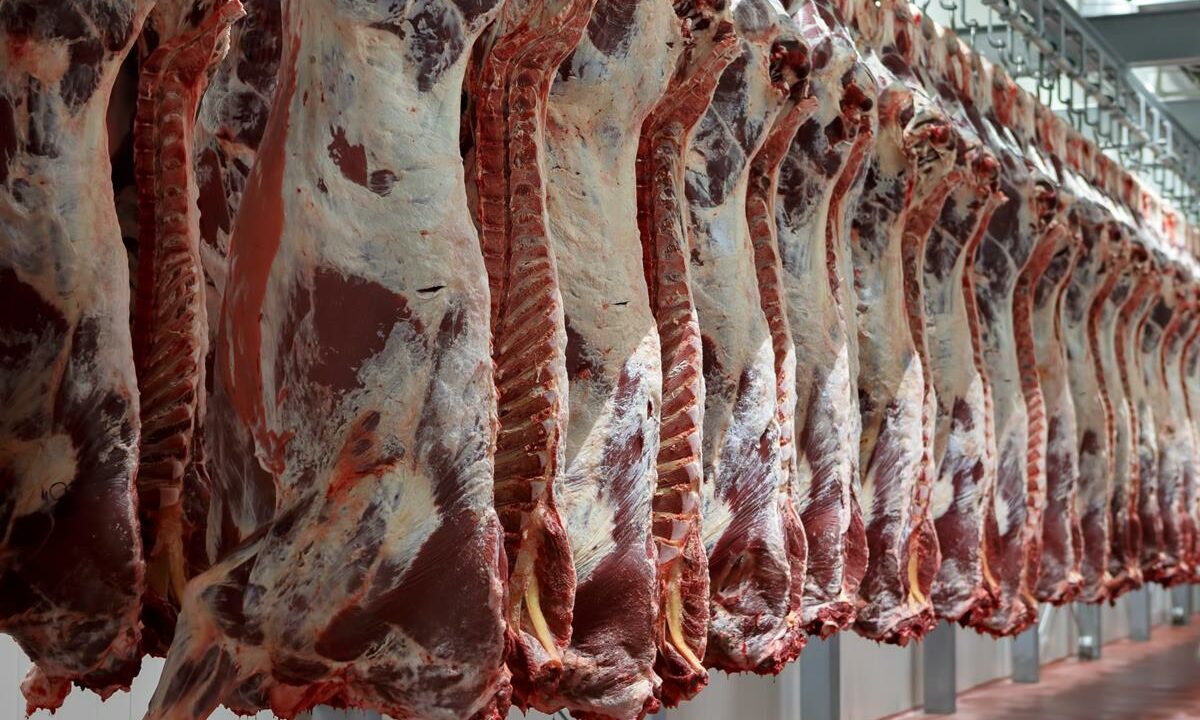An urgent review of market support measures such as the Aid to Private Storage (APS) scheme for beef has been called for by the Irish Cattle and Sheep Farmers’ Association (ICSA), in light of the current drought crisis.
Making the call for action, ICSA president Patrick Kent said that a potential crisis must be averted.
“Drought conditions are causing a myriad of problems for beef farmers so it is imperative that we look at all possible options to avert a crisis,” he said.
“APS could provide a means for getting prime cattle moving through the factories in sufficient numbers in a manner that wouldn’t distort the market significantly.”
However, for that to happen, there needs to be a fundamental rethink of the EU price support mechanisms in the case of extreme weather crises, the president added.
However, Kent said: “The scheme can only kick in when the price of beef falls below 85% of an EU reference point that is set far too low and needs to be adjusted.
“At present, the price support instruments of intervention or private storage are too blunt and of no use for the beef sector.
Dairy reference prices are set at levels which mean that they can sometimes help the dairy sector but the beef levels are not fit for purpose.
“While the strategy of EU policy is to move towards risk management rather than price support, the reality is that farmers, particularly in vulnerable sectors like cattle and sheep, cannot sacrifice any existing direct payments to fund risk insurance.
“In any event, a properly-functioning APS could help both dairy and beef sectors by taking out surplus cows on a short-term basis when there is surplus cattle going to factories due to a fodder crisis.
This could yet end up being a welfare calamity for both farmer and animal. Essentially, we need to go back to the drawing board on a safety net for beef.
Kent said that farmers have seen a big increase in the numbers of cows being presented for slaughter – which has caused a bottleneck at meat plants.
“Factories are lapping up the opportunity to buy in lighter-carcass dairy cows cheaply but the knock-on effects are hitting the wider beef sector hard.
The president added that, with the oversupply of cull cows predicted to continue indefinitely, the prime cattle trade is being undermined.
“This, coupled with ever increasing input costs, means there can be no doubt that a support mechanism to underpin the market in times of severe crisis is badly needed.”
“A new approach could involve state assistance for storage being sanctioned by Brussels which would involve derogation from state aid rules.
The problem with one size fits all is that there is significant difference in price levels across the EU-27.
“Whereas we have to be careful not to distort the single market, on the other hand, we have to get flexibility to deal with an extreme crisis such as the drought where the welfare of farmers and of animals takes precedence over economic orthodoxy.”
